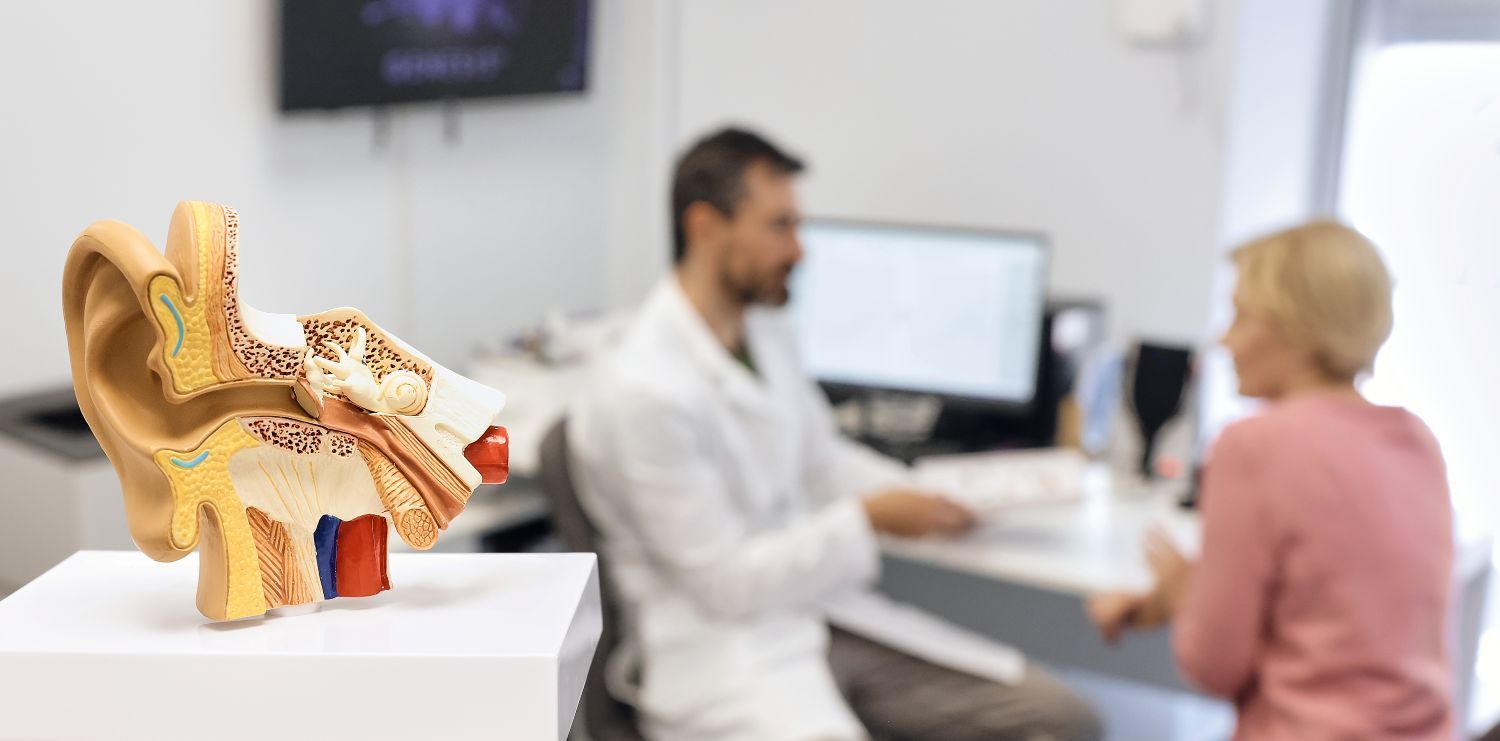Signs and Symptoms That Indicate You Need a Tonsillectomy
Are you constantly battling sore throats and infections? While tonsils are a key part of your immune system, they can sometimes cause more problems than they prevent. If you're experiencing chronic issues, it might be time to consider a tonsillectomy.
This guide outlines the major signs and symptoms that indicate this procedure could be necessary for both adults and children.
What Is a Tonsillectomy?
A tonsillectomy is the surgical removal of tonsils. Tonsils are tissue lumps on both sides of the back of your throat. They help you evade harmful pathogens and improve your immune system when fighting infections.
These infections commonly occur in young people, although they can also affect adults. Tonsillectomy surgery used to be a standard procedure to treat aggravated tonsils. Today, however, medical professionals tend to wait and observe your condition before recommending tonsillectomy. Now, the surgery is only suggested under extreme circumstances.
5 Major Signs You May Need a Tonsillectomy
If you identify with any of the following signs, it's crucial to consult an ENT specialist for a formal evaluation.
1. Chronic or Recurrent Tonsillitis
Chronic or recurrent tonsillitis is one of the most common reasons for the procedure. Doctors often consider surgery if infections are frequent and severe.
- Formal Criteria: This is typically defined as:
- 7 or more episodes in the past year.
- 5 or more episodes per year for the last two years.
- 3 or more episodes per year for the last three years.
2. Sleep-Disordered Breathing or Obstruction
Enlarged tonsils can physically block your airway, leading to:
- Loud, chronic snoring
- Sleep apnea (pauses in breathing during sleep)
- Gasping or choking at night
- Difficulty swallowing during the day
3. Peritonsillar Abscess
This is a serious complication where a pocket of pus forms next to the tonsil. Having one abscess can increase the risk of another, making a tonsillectomy the recommended course of action to prevent recurrence.
4. Tonsillar Hypertrophy Causing Other Issues
Even without frequent infections, massively enlarged tonsils can cause persistent problems like:
- Difficulty swallowing food and pills
- Persistent "hot potato" voice (muffled speech)
- Persistent bad breath (halitosis) that doesn't improve with hygiene
5. Suspicion of Tonsil Cancer or Tumor
While rare, a tonsillectomy may be required to biopsy abnormal tissue growth on one tonsil that is suspected to be cancerous.
What to Expect During Tonsillectomy Recovery
Recovery typically takes 10-14 days. Proper care is essential for healing and avoiding complications.
- Pain Management: A sore throat is expected. Pain can radiate to the ears, neck, and jaw. Use prescribed pain medication as directed.
- Hydration is Key: Drink plenty of cool fluids. Dehydration is the most common complication and can increase pain.
- Diet: Stick to a soft, cool diet like applesauce, pudding, yogurt, broth, and ice cream. Avoid hard, crunchy, acidic, or spicy foods.
- Rest: Plan on taking it easy for at least a full week. Avoid strenuous activity to reduce the risk of bleeding.
When to Call Your Doctor:
Contact your surgeon immediately if you experience bright red bleeding, a fever over 102°F, or an inability to drink any fluids.
Is a Tonsillectomy Right for You?
If you or your child is experiencing chronic sore throats, sleep apnea, or any of the other signs listed above, a tonsillectomy could provide significant, long-term relief.
The first step is a professional evaluation. The ENT specialists at ENT Medical and Surgical Group are here to help. We provide comprehensive consultations to determine if this procedure is the right solution for you.
Schedule your consultation with our expert team today and take the first step toward better health and restful sleep.













